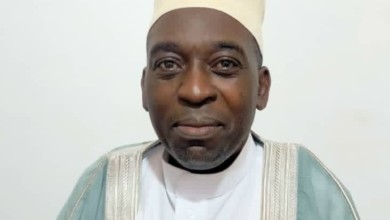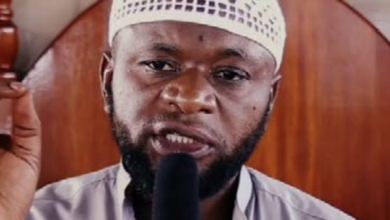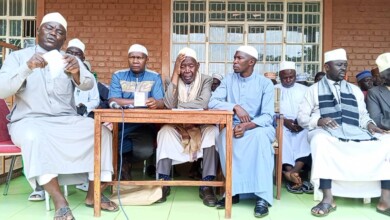The Forgotten Frontlines: When women fought for Muslim identity in Uganda

By Ahmed Idriss
On a dusty hill in Old Kampala, years before the magnificent mosque rose into the skyline, a group of young Muslim women stood with hoes in their hands, clearing bush for the first communal Juma prayers. Among them was a determined teenager, Mastula Namirimu — now a living archive of Uganda’s Islamic journey and its untold battles.
Few recall the silent sacrifices of women like Hajati Mastula, who didn’t just pray from the sidelines but fought, marched, and even got jailed for defending Muslim spaces during turbulent regimes.
“We spent three months guarding Sheikh Mulumba’s grave after he was buried at Old Kampala. Some people threatened to exhume the body,” Hajati Namirimu recalls with steel in her voice. At the time, the land that now houses the UMSC headquarters had no official title, and political winds were hostile. “We told them that Mulumba’s body was our title.”
The boldness of that act, burying a Muslim leader in contested land and holding the line against armed officials, revealed a deeper truth: Muslim women were not passive observers of history. They were on the frontlines — sometimes literally.

Hajati Namirimu’s activism was not without cost. During an altercation involving the arrest of Sheikh Qassim Mulumba, she and others reportedly attacked a police officer who had desecrated their prayer mat. “We used his magazine to hit his teeth. He lost six,” she says bluntly. She was later arrested, charged with illegal possession of firearms, and remanded to Luzira Prison. The court eventually cleared her, but her freedom almost came at the cost of her life, as state operatives sought to re-arrest her even after the verdict.
“We were not educated, many of us were married off young, but we knew right from wrong,” she says. “We knew Islam needed to be defended, and if the men were on the battlefield, we would be too.”
Through Amin’s presidency, Obote’s return, and the rise of the current regime, women like Hajati Namirimu navigated fear, hope, and survival. “We were threatened through the regimes of Obote, Amin, and even the ruling NRM,” she says. But her resolve never wavered. Her activism was rooted in faith, community, and a deep desire for Muslims to live with dignity.
Today, as the UMSC sits on its own land, with gleaming offices and a towering mosque, the question arises: How many young Muslims know who fought for these gains?
“Our husbands were with us, yes,” she says. “But this was also our jihad. The struggle was not only in the books or behind microphones. It was in courtrooms, bushes, and even police stations.” As she reflects on her legacy, Hajati Namirimu offers a warning: “Young Muslims are misled by gossip and politics. They must learn from the past and focus on education. You can’t protect what you don’t understand.”






